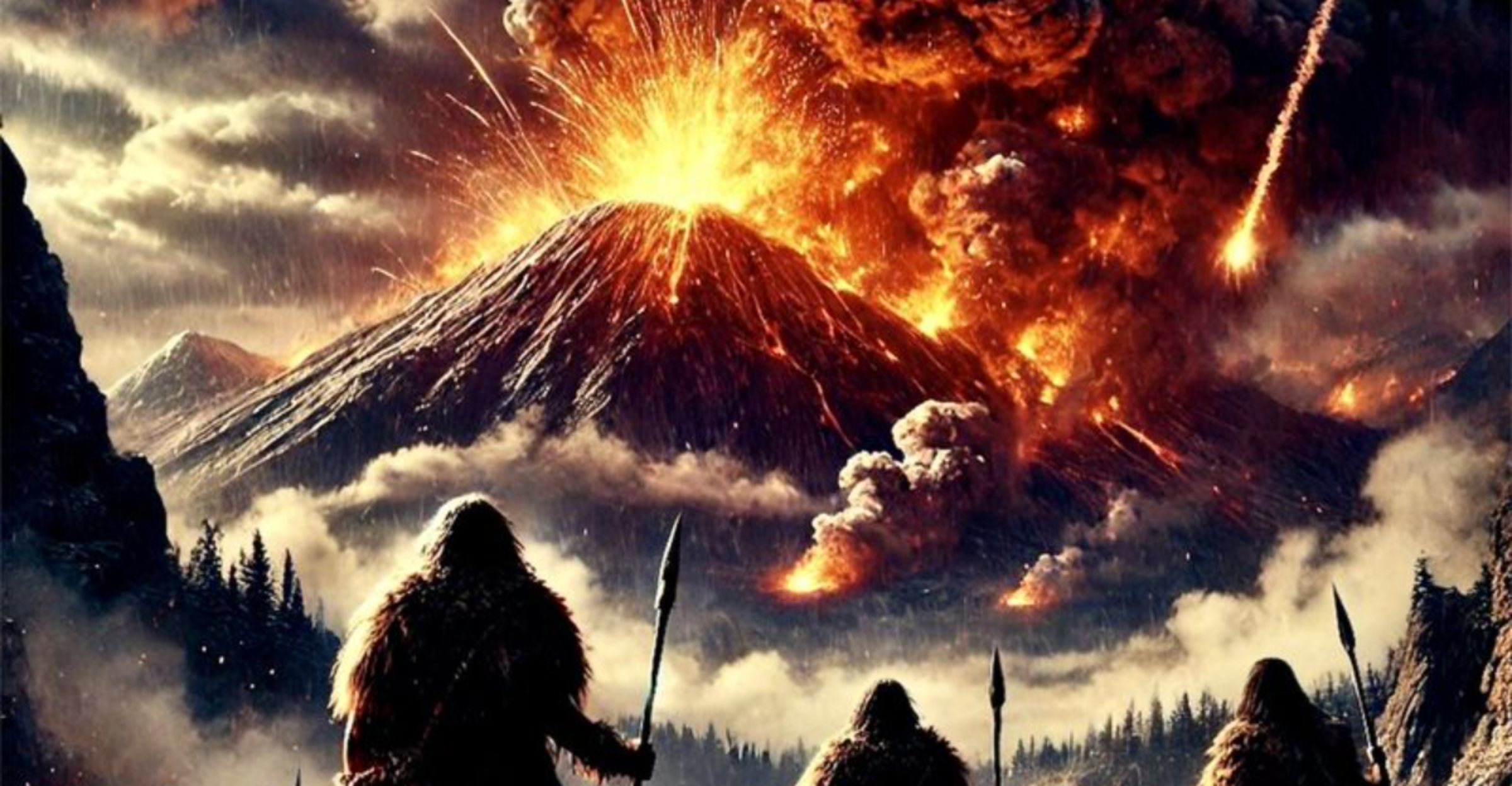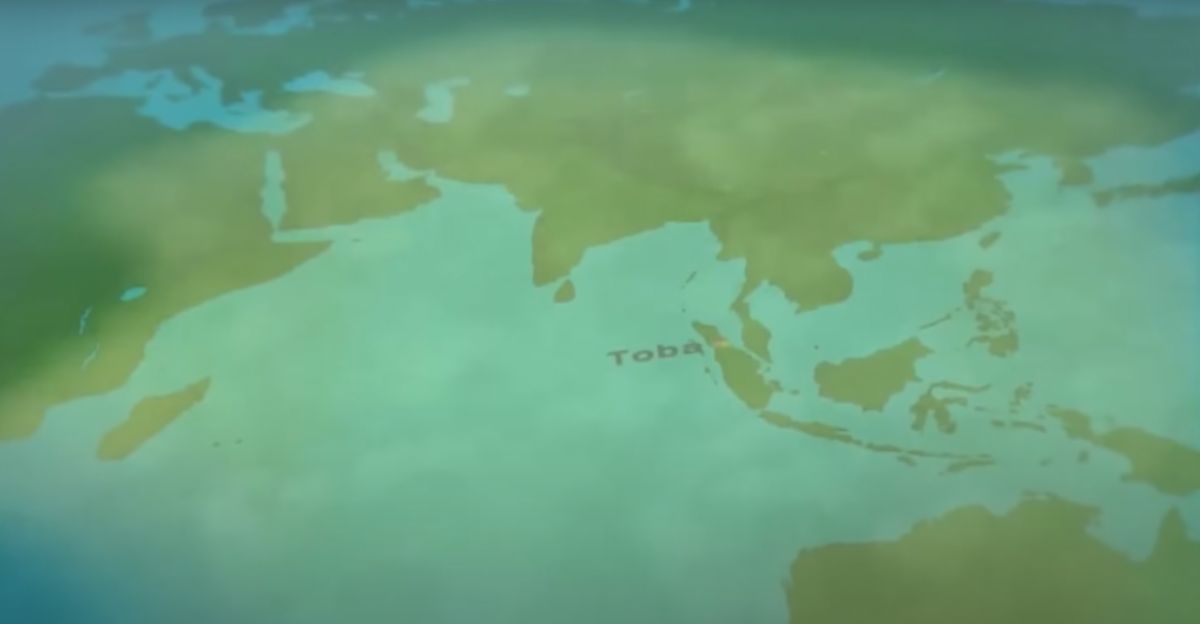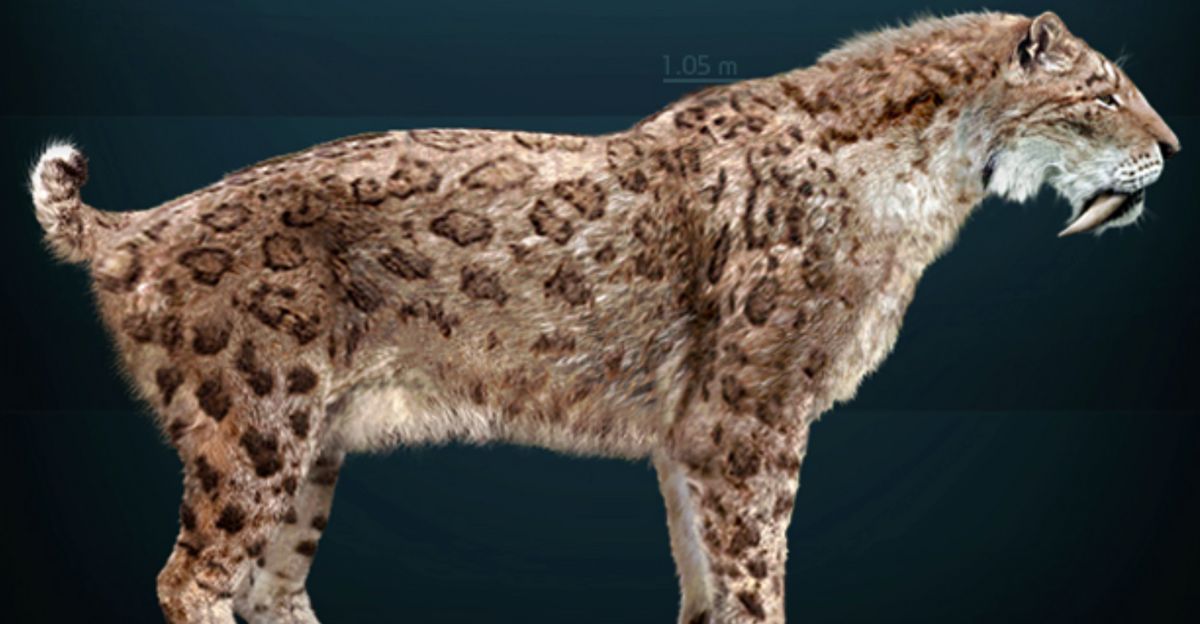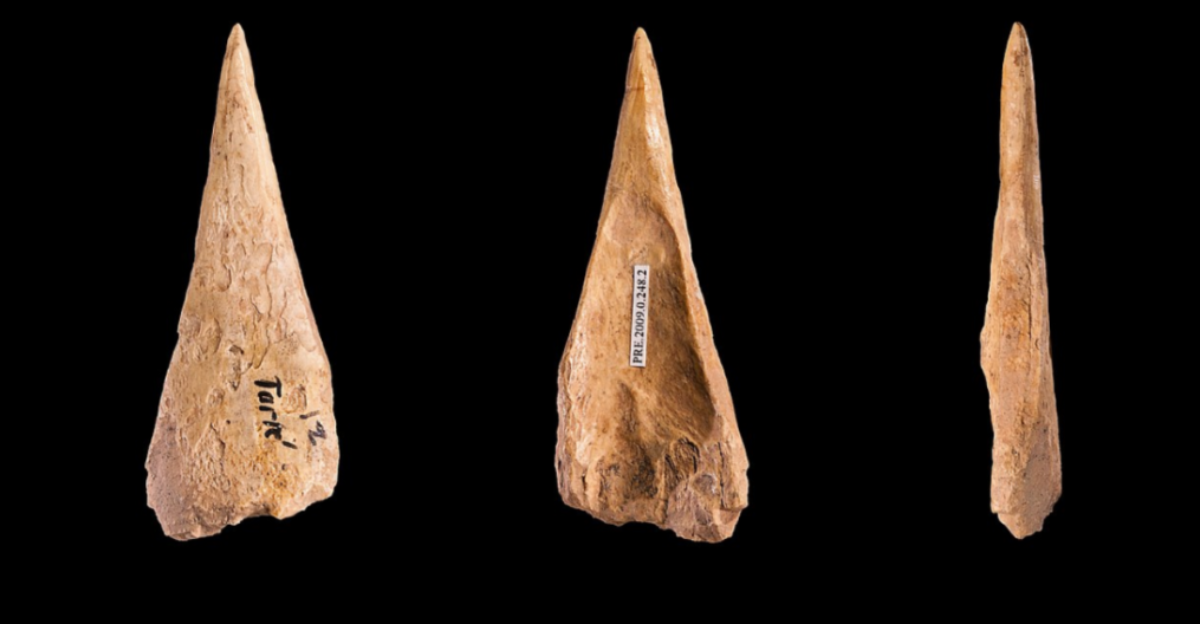
74,000 years ago, the Earth let out a deafening noise. Far beneath modern-day Sumatra, the Toba supervolcano erupted with an energy unlike anything ever recorded in history. It has been classified as biggest volcanic eruption of the past 2 million years. The explosion sent billions of tons of ash into the air, blocking out the sun, cooling the planet, and triggering a volcanic winter.
The consequences were fatal. Crops died, animals perished, and entire landscapes were covered in poisonous debris. For early humans who were already trying to stay alive in a harsh world, this was the biggest challenge. Approximately 1,300 humans are estimated to have survived, perilously few for a species teetering on the brink of extinction.
Surviving the Darkness: The Role of Animals in Human Recovery

When the skies darkened and there was very little food, our ancestors had to learn to adapt fast, or die. But they were never alone. Nature, even if almost destroyed, wasn’t completely decimated. Herd animals moved to forage, and humans followed in their footsteps. Wolves, surprisingly, also played a role by developing a bond with humans over time, both species needing warmth and protection. It started one of the most crucial relationships in history: the domestication of dogs.
Meanwhile, scavenger birds like crows and vultures helped humans locate food. The bond between humans and animals was not just regarding survival alone; it also pertained to strength, learning, and the will to survive.
A Delicate Balance: Nature Rebuilt Itself

When volcanic winter came to a close and the sun’s warmth returned, vegetation slowly recovered. Herbivores, ranging from mammoths to antelopes, dispersed seeds while migrating, reseeding the ground. Predators controlled populations so that there was never overbreeding, thereby maintaining ecosystems. Humans, keen observers that they were, picked up on these habits. They modified their hunting, altered their diets, and began early agriculture according to what thrived in the fertile volcanic soil. The catastrophe nearly annihilated them, but by watching, waiting, and working with nature, they became resilient.
Lessons from the Ashes: Why It Continues to Remain Relevant Today

The Toba event was not just an ancient catastrophe: it was a turning point in human evolution. This close call with extinction, some scientists believe, brought on radical genetic transformation, shaping who we are today. Most importantly, it reminds us of how closely tied we are to nature. If early man had not observed and learned from animals, if he had not used nature as an example, then chances are we would not be here today. The moral? It’s not merely a matter of being tough. It’s a matter of paying attention, cooperating, and honoring the subtle balance of Earthly life. In a world of climate crisis and environmental urgency today, perhaps we should mirror what our ancestors did back then to live in alignment with nature.
Explore more of our trending stories and hit Follow to keep them coming to your feed!

Don’t miss out on more stories like this! Hit the Follow button at the top of this article to stay updated with the latest news. Share your thoughts in the comments—we’d love to hear from you!







